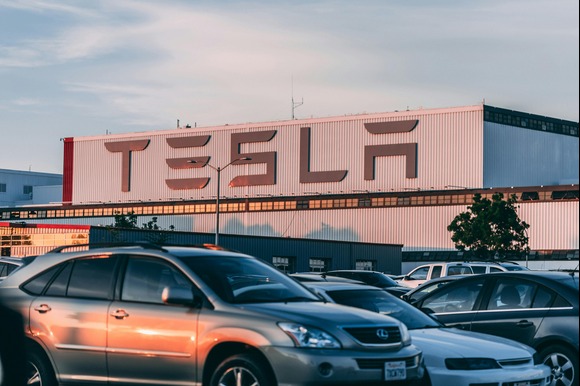Tesla has established a special board committee to evaluate new compensation options for CEO Elon Musk, potentially including a fresh stock options package, according to a report by the Financial Times on Wednesday. The initiative, which remains in its early stages, could determine Musk’s long-term future with the company as Tesla awaits a court decision on the fate of his controversial 2018 pay package—initially valued at up to $56 billion.
The newly formed committee, consisting of board chair Robyn Denholm and director Kathleen Wilson-Thompson, is also considering alternative forms of remuneration in the event the Delaware Supreme Court upholds an earlier ruling that invalidated the 2018 award. Tesla disclosed the formation of the committee in a regulatory filing last month, a move that prompted several major shareholders to offer feedback on Musk’s compensation and leadership role.
As a result, Tesla has postponed its annual shareholder meeting to allow the committee more time to complete its assessment. While no final decision has been made, any new compensation package is expected to be linked to ambitious performance milestones. Reinstating the original options package, however, would lead to a $50 billion accounting charge and subject Musk to a 57% tax rate, given that Tesla has already surpassed the performance metrics tied to that package.
At the heart of the controversy is Musk’s original 2018 compensation agreement, which awarded him 304 million stock options contingent on reaching a series of aggressive growth goals. By 2023, Musk had met all the required targets, and at the peak of their value, the options were worth approximately $146 billion. However, in January 2024, a Delaware court ruled that the package was excessive and had been approved by a board that failed to exercise adequate oversight. The judge characterized Tesla’s directors as “supine servants of an overweening master,” nullifying the compensation deal and prompting Tesla to appeal the decision. If the package were reinstated, Musk’s ownership stake in Tesla would rise from around 12% to over 20%.
In response to the Delaware court’s decision, Tesla moved its legal incorporation from Delaware to Texas last year. The company has now retained law firm McDermott Will & Emery, which specializes in Texas corporate law, replacing its previous Delaware-based legal counsel. Any new compensation structure under review is expected to tie equity awards to a combination of financial performance, operational execution, and share price benchmarks.
Tesla’s board has also come under scrutiny in recent months. In January, several directors agreed to return more than $900 million in stock and cash to resolve a lawsuit alleging they received excessive compensation. Denholm, who chairs the new compensation committee, has herself sold $538 million worth of Tesla shares since joining the board in 2014, including $198 million in the last six months alone.
Musk, for his part, has suggested he might leave Tesla unless he is granted at least 25% voting control of the company. Currently holding about 12% of Tesla’s shares, Musk argues that he needs a larger stake to shield the company from activist investors and ensure its continued focus on AI innovation.
However, Musk’s increasing political visibility—particularly his alignment with former President Donald Trump and his leadership role on a government reform council—has become a reputational risk for Tesla. The company has seen declining electric vehicle sales in both the U.S. and Europe and a slowdown in China, where competition and trade tensions are intensifying. Amid concerns about his divided focus, Musk has recently been more present at Tesla’s headquarters in Austin, Texas.
According to Forbes, Musk’s current net worth stands at $415.7 billion. In addition to Tesla, he oversees several high-profile ventures, including aerospace firm SpaceX, now valued at $350 billion, and artificial intelligence startup xAI, which recently merged with his social media platform X.
The outcome of the compensation review could prove pivotal, not just for Musk’s role at Tesla, but for the broader governance standards at one of the world’s most closely watched technology companies.






